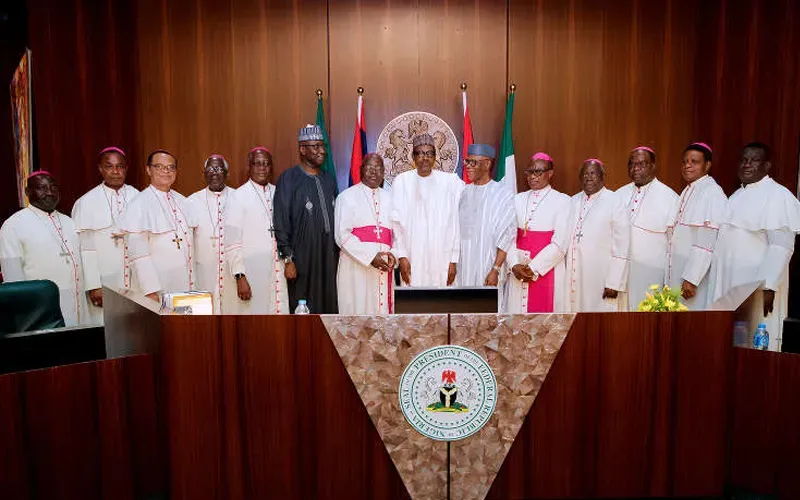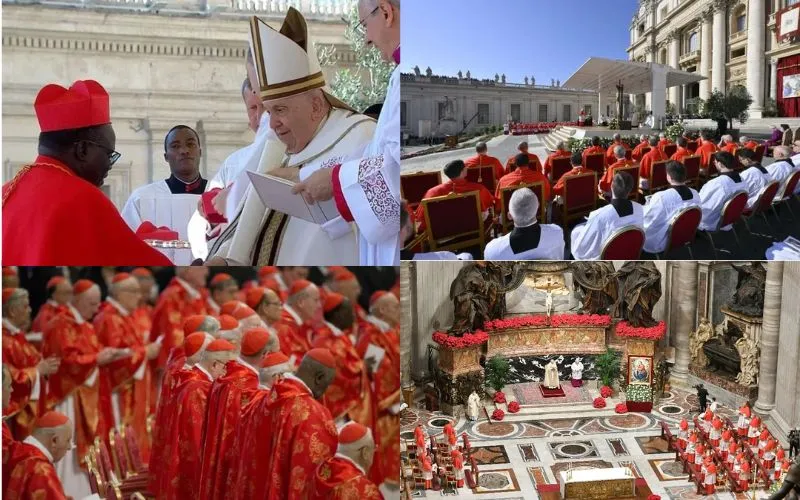In an earlier report, DHPI Director, Johan Viljoen told ACI Africa that the Fulani operate under the umbrella of an organization known as Miyeti Allah, originally founded to promote Fulani interests, and that President Buhari is the patron of Miyeti Allah.
The peace entity of the Southern African Catholic Bishops’ Conference (SACBC) has been monitoring and documenting growing oppression of civilians in Ogun State, Cross River, Benue, Ebonyi, Imo and Anambra States by militants that the organization links to top leadership of the country.
DHPI has documented widely about the evolution of violence in the States that are ravaged by the Fulani herdsmen, with the latest report documenting the harrowing encounters of victims of militant attacks in Nigeria and the disgruntlement of Church leaders in the country on the failure by the government to act to stop the violence.
In a report presented at the September 29 virtual conference, Sr. Nkiru Ezedinuchi, a member of the Handmaids of the Child Jesus in the Catholic Diocese of Ekulobia said that the Church was not getting the support of State government in fighting the violence against innocent civilians.
She said, in reference to the Catholic Bishops' Conference of Nigeria (CBCN), “The Bishops’ conference has been coming out with some opinions channeled to the Federal government that whatever is happening in our country is becoming too much. Enough is enough! Nothing has been done about it.”
“Our brother, the head of state, is not bothered about what is happening and that is why so many people are dying, there is no point,” the Catholic Nun who teaches 30 children at a secondary school in Anambra and who describes herself as a human rights activist told DHPI.
“I am at the heart of the people and I am also a human rights activist, because I don’t like injustice,” she said, and added, “We need to stand up and be direct, direct, people who were not before me, we must fight for justice, because we have them, when such souls are in the mist.”
Sr. Nkiru has been working with others to deliver meals to hundreds of children hiding in bushes and on streets near the Diocesan premises, unable to find accommodation in the IDP centers that have been said to be full.
ACN presented a report by various state and non-state actors detailing the murders, displacements of people and destruction of property in various Nigerian States experiencing persecution. The report indicated that in Benue State alone, there are over one million Internally Displaced People (IDPs).
Sources in Nigeria say that more than 36,000 have been killed to date. Statistics provided at the ACN event also indicated that Fulani militia have burnt 160 Churches and 94 schools in various regions of South Eastern Nigeria. Other properties that had been destroyed by 2018 include 34 health facilities, 24 markets, 69 bridges and 7 boreholes.








